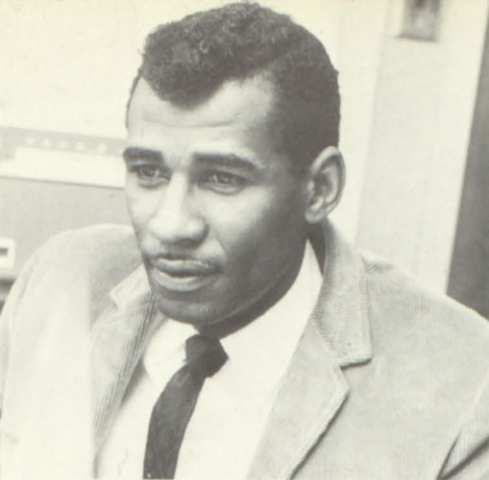by Mark A. Reger | August 4th, 2025

Eugene Peniston
Dear Dr. Reger:
I just read your article in JAMA with great interest. I would like to draw your attention to a recent publication on a controlled study of neuromodulation in application to treatment-resistant PTSD that was completed recently at the VA Pacific Islands Health Care System in Honolulu. It recruited 87 participants. This was a study of Endogenous Neuromodulation, a second-generation neurofeedback in which the brain is simply engaging with its real-time dynamics in the EEG and Infra-Low Frequency domains. This method has its roots in the early EEG neurofeedback, and thus has been under development for nearly forty years.
Read More »
Posted in Neurofeedback | Comments Off on An Open Letter to Mark A. Reger, Department of Veterans Affairs
by John Putman | January 31st, 2025

Neurofeedback has established itself as a safe and effective technique that can enhance brain function–through improving the efficiency of the neural networks in the brain. It has proven its effectiveness in disorders such as epilepsy, ADHD, head injuries, learning disabilities, autism, mood instabilities, sleep and chronic pain. In such cases we are dealing with a reasonably healthy neural network that is not in an optimal state of functioning. By “healthy”, I mean in terms of the physical integrity of the overall neural structure –where the issue is confined to the domain of network timing and sequencing. In this regard, neurofeedback has been very successful in restoring, or at least improving, overall functionality in the brain by challenging the mechanisms of neural network regulation. With respect to issues of state regulation, these mechanisms are predominantly sub-cortical.
Read More »
Posted in Neurofeedback | Comments Off on Enhancing the effectiveness of neurofeedback for dementia and cognitive impairments through corrective doses of ascorbic acid.
by Siegfried Othmer | December 31st, 2024

One reason that formal research on neurofeedback by people in the academic community hasn’t generally matched what is being accomplished clinically is surely that researchers tended to take the operant conditioning model seriously. Plainly, the rigorous instantiation of a ‘purist’ operant conditioning design of the original SMR-beta protocols leads to a rather inefficient training procedure. This can also be said of the original work of Sterman and Lubar, as they were doing their utmost to stay true to B.F. Skinner’s experimental design. Their work sufficed to provide the method a rigorous and sound foundation, but in the clinical realm such an inefficient method of brain training would be dead on arrival.
Read More »
Posted in Neurofeedback | Comments Off on A Revisionist View of Neurofeedback
by Siegfried Othmer | August 30th, 2024
ILF Neurofeedback Mechanisms and Neurophysiology
Othmer, S., and Othmer, S.F. (2024) Endogenous Neuromodulation at Infra-Low Frequency: Method and Theory, DOI: 10.20944/preprints202310.1085.v2
https://www.researchgate.net/publication/374784708_Endogenous_Neuromodulation_at_Infra-Low_Frequency_Method_and_Theory
Read More »
Posted in Neurofeedback | Comments Off on Research with Infra-Low Frequency Neurofeedback
by Siegfried Othmer | August 23rd, 2024

For many early neurofeedback professionals, the impetus to enter this field came through a compelling personal experience either with their personal training, that of a family member, or that of a client. And thus it was with us as well. In fact, our first encounter with neurofeedback through our son Brian remains a standout success even in the context of the subsequent third of a century of often ground-breaking clinical experience.
Read More »
Posted in Neurofeedback | Comments Off on On the Life of Brian Othmer
by Siegfried Othmer | December 18th, 2023

FOREWORD, by Siegfried Othmer
Our nation is experiencing a health crisis so pervasive that it is showing up in a decline of life expectancy. We now know this health predicament is rooted in a growing mental health crisis, which can hardly be captured better than by focusing on such an increasingly widespread affliction for which the prevailing remedies are largely unavailing: anxiety. Anxiety is an infirmity that has not been grasped and understood in its full essence. As we chip away at aspects of anxiety, its medical and psychological manifestations, respectively, the need for mind-body integration could hardly be more obvious. The concept had to be explicitly introduced into our discourse because it wasn’t naturally at home within the treating professions.
Read More »
Posted in Neurofeedback | Comments Off on A new book by Dr. Mark Steinberg: “Overcome Anxiety: Break Free From Fear, Worry, Trauma, and Negative Thinking”










